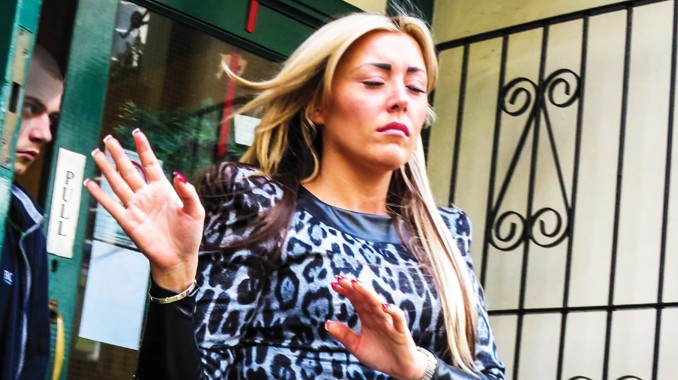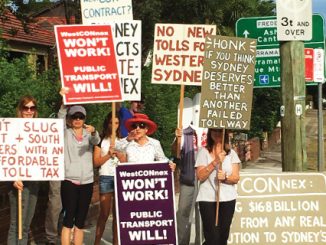
Miranda Devine shamed and stigmatised women survivors of domestic violence in her last article titled ‘Demonising men won’t stop domestic violence’. There’s already enough blame heaped on victims by our society and by the perpetrators themselves. The main feeling that victims of DV describe is shame.
Shame damages self esteem, creates hurdles to seeking help and keeps women suffering in silence – overwhelmed by powerlessness. Shame can be a symptom of post-traumatic stress and victims can feel embarrassed. Perpetrators can use shame to disempower and keep control over their victims.
If your culture places great emphasis on finding a companion and starting a family then the shame of enduring intimate partner violence can be higher. Victims can see themselves as failures in upholding the thing that they strive for: the family unit.
When counselling clients that have survived domestic violence I am mindful of the effects of shame. We need to understand victims not shame them.
We need to understand that victims can feel trapped and isolated in their own home. That they can’t leave because of economic reasons, possible homelessness, cuts to women’s shelters, protecting their children or the fear of reprisal.
Miranda shows ignorance towards the complexities of leaving a DV relationship. It isn’t simple. A third of women will continue to experience violence even once they have ended the relationship.
Leaving can be the most dangerous time for a woman. It can be the time when a woman is most often killed.
DV affects all economic levels, incomes, race and employment statuses. Miranda said that domestic violence was a crime of poverty and quoted the lower rates of reported domestic violence in more affluent areas of Sydney compared to remote communities. Yes there are higher reported rates of DV in remote communities than in metropolitan areas of all classes, however it’s intentionally misleading not to explain the complexities of under-reporting domestic violence.
We know DV does occurs more frequently than reported than in the affluent suburbs of Sydney and across all our cities.
Research shows that middle class victims are less likely to seek refuges or report violence. Some can afford to leave without contacting the authorities for help because they have greater economic means. The prospect of losing everything and having one’s high status torn down keeps some victims suffering in silence.
Less than half of all victims of domestic violence actually report it to the police.
Married victims, older victims and those with less serious injuries are less likely to report incidences. Others possibly grew up in a home witnessing domestic violence and are repeating unconscious generational patterns. We will never know the actual stats of how many women are DV victims because of the culture of blame, shame and secrecy that obscures this horrific crime.
For violence against women to end and for the under reporting to stop, society has to completely renounce it. Victims, perpetrators, workers in the police and legal system need to hear loud and clear that violence against women is a crime and it won’t be tolerated.
If you have experienced domestic violence and would like to seek help you can contact Cat about her counselling service.
Words: Cat O Dowd – Sex Therapist, Relationship Counsellor, Arts Psychotherapist
www.creativesexpression.com
